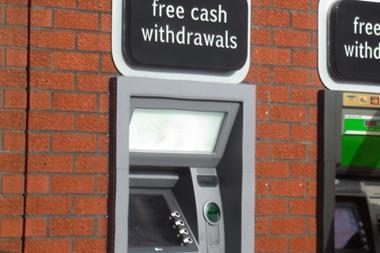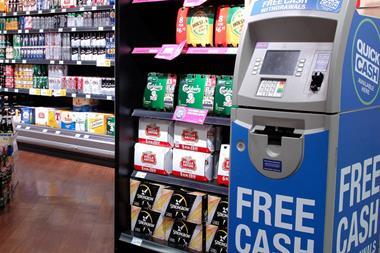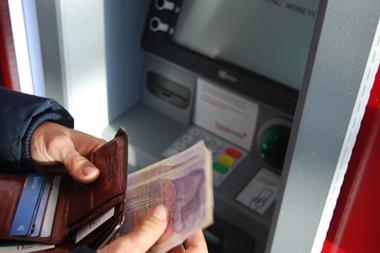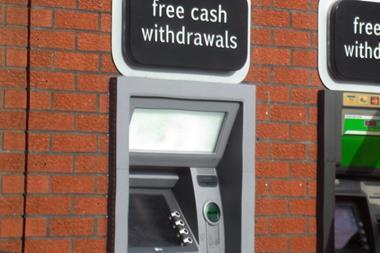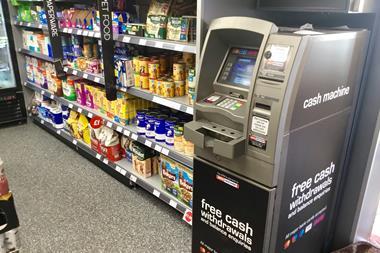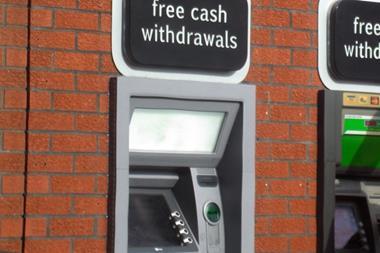Deprived communities 'hit hardest' by loss of free ATMs

Deprived neighbourhoods, often those where people are most likely to rely on cash, are rapidly witnessing the disappearance of their free cashpoints, new research by the University of Bristol suggests.
ALREADY HAVE A REGISTERED USER ACCOUNT? PLEASE LOG IN HERE
To read the full story join the ConvenienceStore.co.uk community today!
Registration is quick and easy and provides access to:
- Unlimited ConvenienceStore.co.uk articles
- Our great range of newsletters
- Content you’ve saved for later via the ‘my library’ feature
And much more…




















